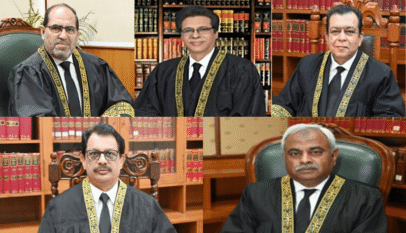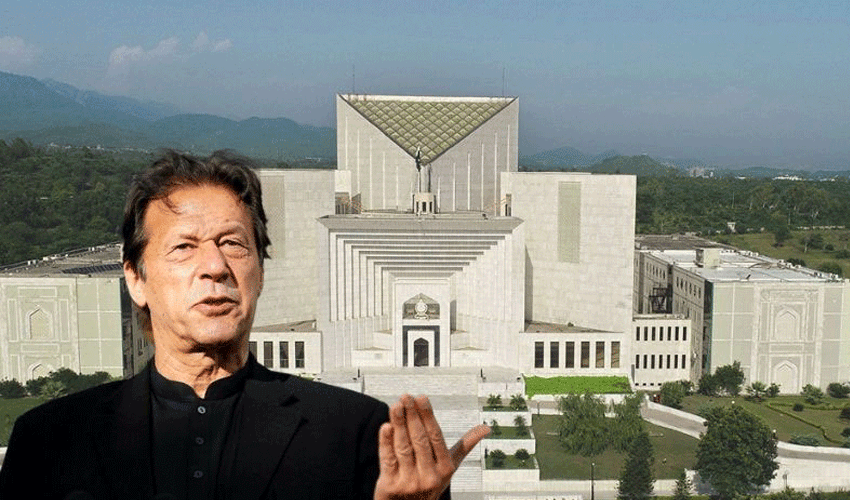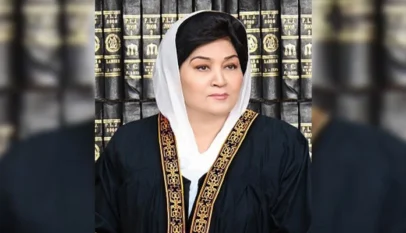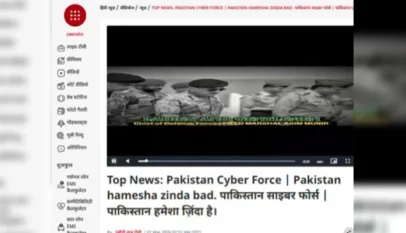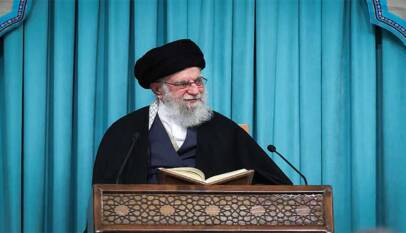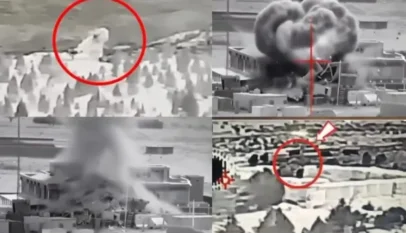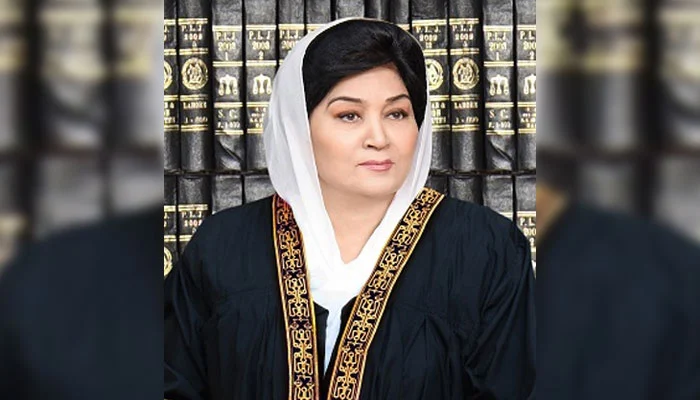
ISLAMABAD (RNN TV) — During a Supreme Court hearing on Friday regarding appeals challenging the trial of civilians in military courts, Justice Musarrat Hilali remarked that military law is in conflict with the Constitution.
Khawaja Haris, counsel for the Ministry of Defence, concluded his arguments, while Attorney General Mansoor Usman Awan is set to present the government’s position at the next hearing on April 28.
As proceedings unfolded, Justice Hasan Azhar Rizvi raised concerns over the criteria used to determine which cases are sent to military courts. “What was the basis for this pick-and-choose approach?” he asked.
In response, Haris denied any arbitrary selection, stating that the classification of cases depends on the nature of the offence. He explained that cases are referred either to anti-terrorism courts or military courts based on their specifics.
Justice Hilali questioned whether civilians could legally fall under the jurisdiction of military courts, emphasizing that such courts are primarily designed to discipline military personnel. “When it’s clearly intended for service members, what happens in those civilian cases?” she asked.
Justice Rizvi also questioned whether military laws should apply to civilians involved in attacks on army installations. Justice Naeem Akhtar Afghan echoed this concern, noting that the Army Act is designed for military personnel. He added that any extension of this jurisdiction to civilians must be explicitly defined in the law.
Justice Afghan further pointed out that while parts of earlier laws were incorporated into the 1973 Constitution, amendments made after martial law periods aimed to restore the original democratic spirit of the Constitution. However, he noted, provisions related to military law were not revised in this process.
Defending the use of court martial, Haris said it is constitutionally recognized and can be applied not only during times of war but also in peace.
Justice Jamal Khan Mandokhail issued a caution to Haris, using a metaphor: “Mr. Khawaja, don’t end up seeking forgiveness for prayers and being assigned to fast instead.”
Justice Hilali pointed out that Section 2(1)(d)(1) of the Army Act was introduced in 1967 under the 1962 Constitution. Justice Mandokhail added that Article 202 of the 1973 Constitution identifies only two types of courts: the high courts and subordinate judiciary—raising questions about where military courts fit into this framework.
At this point, Justice Hilali asserted that “military law collides with the Constitution,” emphasizing the supremacy of the 1973 Constitution.
Meanwhile, Justice Rizvi observed that 12 to 13 military installations were attacked during the May 9 violence, calling it a major security failure. He asked whether any internal accountability had taken place within the military ranks.
In response, Additional Attorney General Amir Rehman said the Attorney General would address that question in the next hearing.
Source: Web Desk
Indian News channel hacked, pro-Pakistan content broadcast briefly
(Web Desk) — Indian television channel ABP News was temporarily disrupted after hack…


